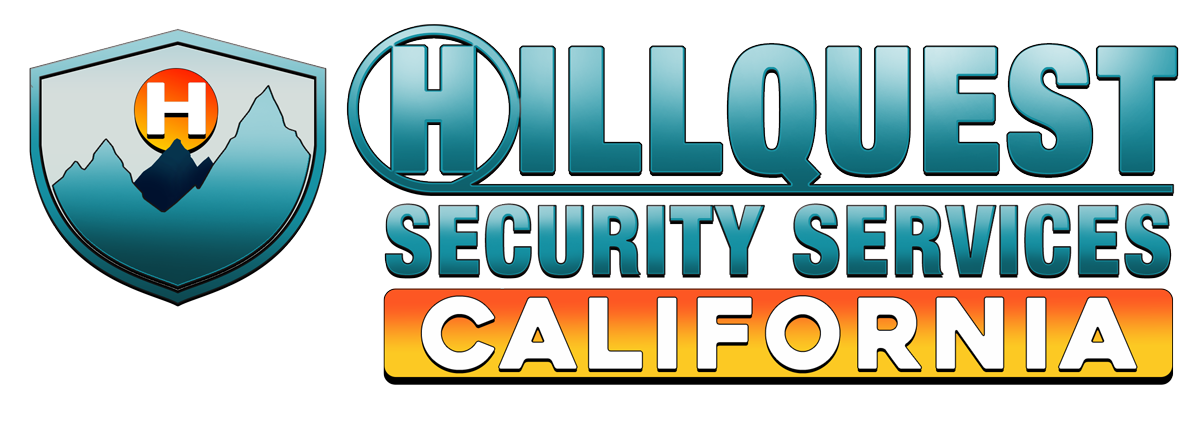
A business can consult with clients in sustainability consulting to help them improve their environmental footprint, make their business more sustainable, and fulfill their social obligations. It is a specialist field that encompasses green building and renewable energy, as well waste management and sustainable development. This article will give you an overview about some of the techniques and tools used by sustainability consultants. In the following sections, we will cover the job duties and education requirements for this profession. This career path can make a significant impact in your community and around the world.
As a sustainability consultant, your job duties include:
The job of a sustainability consultant is to assess the environmental impact of different policies, practices, or technologies. They can also do research and apply for grants to support organizations' sustainable initiatives. They also develop presentations and marketing materials that promote sustainability and environmental policy. They also assist companies and organizations in developing sustainable operational policies and strategies.
Careers in this field often start as environmental impact assessors and progress to senior positions leading projects. A few environmental science professionals might want to become sustainability consultants. It may be a good idea to offer sustainability consulting services as an extension of your current business. You should be able to understand the environmental issues, and how they impact your business before you go this route.

As a sustainability consultant, you'll have to balance law and client interests. You'll examine the activities of a company and determine whether they are safe for the environment and for employees. You will also determine if the company is meeting local needs. You'll be required to travel to various sites and may have to work long days or nights. You'll also have to maintain good relationships with potential clients and work on project management.
For a career in sustainability consulting, you will need to have a degree.
As a sustainability consultant, you'll be responsible for conducting assessments, analysing data, and writing reports. These tasks require high levels of literacy and numeracy as well problem-solving abilities. You should also be able to evaluate a case and determine the best approach for the client. A flexible approach to changing legislation and program demands is essential. The average salary for sustainability consultants varies, depending on education and experience.
You should consider becoming a certified sustainability professional. There are several certification programs available, including the Certified Sustainability Development Professional (CSDP) certification. To get certified in the field, you'll need to pass an exam from the International Society of Sustainability Professionals (ISSP). This credential is valid for two years and can enhance your employment opportunities.
Tools and methods used by a sustainability consultant
Companies can seek the assistance of sustainability consultants to develop and implement their sustainability strategies. They work with companies to assess their sustainability efforts. Additionally, sustainability consultants can help companies communicate their efforts to all stakeholders. Here are some tools and methods that a consultant in sustainability uses. These tools and methods can help you increase your company's commitment to the environment, as well as make your organization more competitive.

The first thing a sustainability consultant needs to understand is how their business affects the environment. They should also be able to respond to growing market pressures. There are many ways of assessing the impact on the environment, but many businesses don't have the resources to hire a consultant. The best software and databases for industry-specific information are used by sustainability consultants to assist businesses in minimizing risks and optimizing their environmental footprints through the entire value chain.
Additionally, sustainability consultants can help companies improve their resource efficiency. One example is energy audits, which can identify inefficient energy use and suggest ways to improve it. This will help organizations save money on their energy bills as well as reduce their environmental impact. They can also create programs to reduce and recycle waste.
FAQ
Which industries employ consultants
There are many different types. Some are specialists in one type or another of business.
While some consultants only work for private companies, others represent large corporations.
Some consultants are available to help businesses around the world.
What is the average salary of a consultant?
While some consultants make $100k+ per year, most consultants only earn between $25-$50k. The average salary for a consultant is $39,000. This includes both hourly and salaried consultant.
Salary depends on industry, experience, location, and type of contract (contractor vs employee). Also, whether the consultant is located in their office or remote.
How do I attract clients to my consultancy business
The first step is to find an area you are passionate about. This could be social media or public relations. However, it must be something that you are passionate about. You might have to start small, such as by finding niche markets like web design. Once you have identified the niche, be sure to fully understand its characteristics. What problems does the solution solve? Why should people use this? What are the benefits?
You can also approach businesses directly.
If all else fails, why not offer your services at free events like networking evenings and conferences? It's a great way to get in touch with potential customers, without spending too much on advertising.
What should I expect from my consultant
You should hear back from your chosen consultant within a few days. They will ask you for information about your business, including the mission, goals, products, and budget. Next, they'll provide a proposal describing the scope and estimated time frame, fees, deliverables or milestones, as well as an estimate of costs.
If all goes according to plan, the two sides will sign a written deal. The terms of the contract will depend on the type of relationship between the two parties (e.g., employer-employee, employer-independent contractor).
If all goes according to plan, the consultant will begin working immediately. The consultant will have access your internal documents and resources. Additionally, you'll have access their skills and knowledge.
However, don't assume that just because someone is a consultant that s/he knows everything. It takes time and practice to become an expert on any subject you consult. So, don't expect your consultant to know everything about your business.
How much does it cost for a consultant to be hired?
There are many factors that influence the price of consulting services. These factors are:
-
Project size
-
Time frame
-
Scope of work
-
Fees
-
Deliverables
-
Other considerations such as experience level, location, etc.
Statistics
- Over 50% of consultants get their first consulting client through a referral from their network. (consultingsuccess.com)
- 67% of consultants start their consulting businesses after quitting their jobs, while 33% start while they're still at their jobs. (consultingsuccess.com)
- "From there, I told them my rates were going up 25%, this is the new hourly rate, and every single one of them said 'done, fine.' (nerdwallet.com)
- My 10 years of experience and 6-step program have helped over 20 clients boost their sales by an average of 33% in 6 months. (consultingsuccess.com)
- On average, your program increases the sales team's performance by 33%. (consultingsuccess.com)
External Links
How To
How to Find the Best Consultant
When searching for a consultant, the first thing you should do is ask yourself what your expectations are. Before you begin looking for a consultant, it is important to know what your expectations are. Before you start looking for a consultant, make a list. This list could include technical expertise, project management skills, communication skills and availability. After you have listed your requirements, it might be a good idea to ask colleagues and friends for their recommendations. Ask them about their experiences with consultants and compare their recommendations to yours. Try searching online for recommendations if you don’t have any. There are many websites, such as LinkedIn, Facebook, Angie's List, Indeed, etc., where people post reviews of their previous work experiences. Use the feedback and ratings of others as a starting point to search for potential candidates. After you've compiled a list of potential candidates, it is time to reach out to them and schedule an interview. During the interview, you should talk through your requirements and ask them to explain how they can help you achieve those goals. It doesn’t matter if the person was recommended to you; it matters that they understand your business goals, and can show you how they can help.